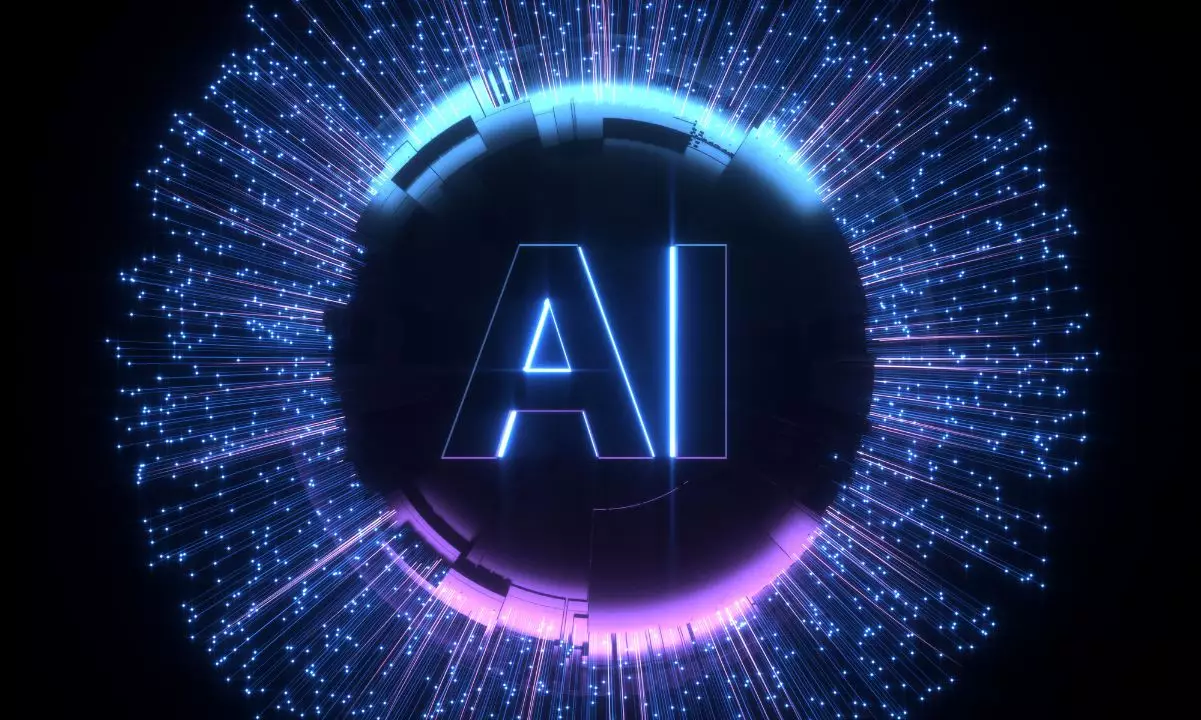The advent of artificial intelligence (AI) and cryptocurrency has sparked considerable interest due to the potential synergies between these two revolutionary technologies. With a rapidly evolving landscape, institutions and governments are beginning to take notice, looking to harness the capabilities of AI to redefine the future of digital assets. For example, the incoming administration under President Trump plans to establish a dedicated office—dubbed the White House Crypto and AI Czar—that aims to explore opportunities at this nexus. Appointing former PayPal COO David Sacks, who has experience in both finance and crypto, signals a serious commitment to examining how AI can bolster the crypto economy.
Recent discussions in the industry have underscored the emergence of AI agents—sophisticated, autonomous software capable of performing complex tasks within the crypto ecosystem. These agents can facilitate a range of operations from transaction execution and wallet management to investment optimization, enhancing both efficiency and scalability. Such capabilities could enable users to navigate an increasingly complex financial landscape with greater ease and effectiveness. For instance, a partnership between Stanford University and Eliza Labs, an initiative linked to AI16z, is poised to advance this frontier further, demonstrating the practical applications of AI in optimizing blockchain networks.
The investment landscape for AI-centric cryptocurrencies is growing exponentially. Data from CoinMarketCap suggests that no fewer than 11 cryptocurrencies focused on AI or related functionalities have achieved market capitalizations in the billions. Tokens like Bittensor (TAO), Fetch.ai (FET), and AIOZ Network (AIOZ) are driving this trend, highlighting the market’s recognition of the value that AI can bring to decentralized financial ecosystems. In a striking example of market dynamics, a meme coin called Goatseus Maximus (GOAT) saw its valuation skyrocket from zero to over a billion dollars largely fueled by the mythos crafted by chatbots. This points to a crucial factor: the storytelling aspect of AI agents can deeply engage the community and catalyze investment, lending credence to the idea that such projects can yield significant financial returns.
However, caution is warranted as opportunities abound amid risks. The increased reliance on autonomous agents necessitates rigorous safeguards, ethical frameworks, and protocols to mitigate potential misuse. Issues surrounding security, privacy, and ethical concerns regarding autonomous decision-making are paramount and must be addressed by developers and regulators alike. The integration of AI into cryptocurrency necessitates transparency and accountability to prevent exploitation. Ensuring that such technologies operate within a well-defined ethical framework is essential for building trust within the community.
The intersection of AI and cryptocurrency presents a profound shift that could reshape the financial landscape. The potential for AI agents to streamline processes, enhance user experience, and drive innovations in economic models is staggering. However, as we move into this exciting new era, it is critical to recognize the inherent challenges and ensure the development of robust safeguards. As the market continues to embrace these advanced technologies, informed governance and ethical considerations will be necessary to foster a sustainable and successful future for digital assets.

